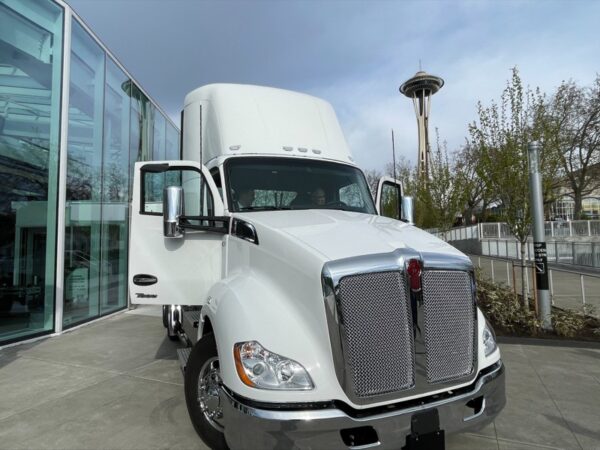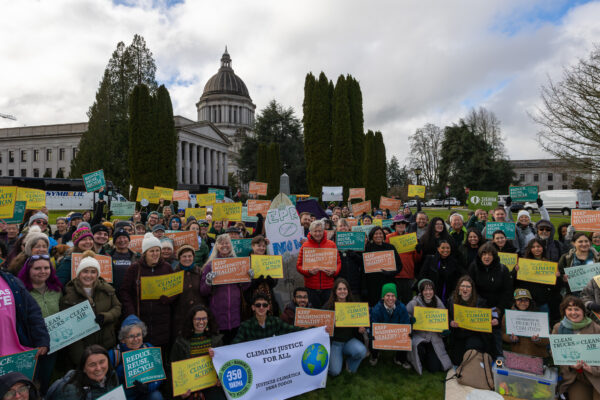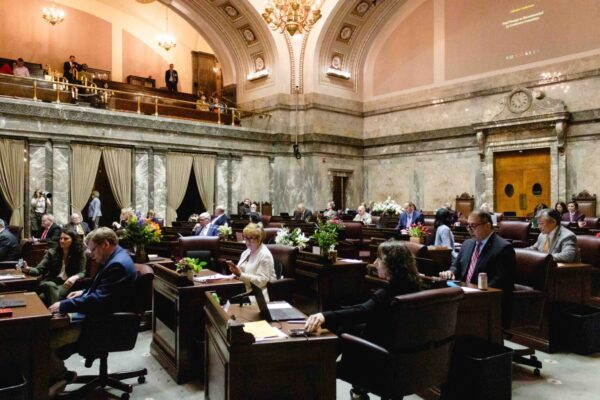After passing years of backlogged environmental bills in 2019 , room opens to address long standing environmental issues like urgent climate action, orca and salmon recovery, and a growing crisis from plastic pollution
Olympia, WA December 18th — Today, Washington’s Environmental Priorities Coalition (EPC), a group of more than 20 statewide organizations, announced their 2020 legislative priorities. For 17 years, the Coalition has come together to prioritize action on the top environmental issues affecting communities across the state.
“In 2020 we know Washington can start a new chapter taking on our most important environmental challenges and show real leadership when it is needed most,” said Clifford Traisman, lead lobbyist for the Environmental Priorities Coalition. “This year’s priorities are ready to pass and we fully expect the legislature to take them on right out of the gate.”
2020 Environmental Priorities Coalition Tele-briefing
Tuesday January 7th 11:00-12:00PM
Reporters are invited to hear more detailed descriptions of each priority and ask questions from legislative and environmental experts.
Please email Nick Abraham nick@wcvoters.org to RSVP.
2020 Environmental Priorities:
- CLEAN FUELS NOW
The transportation sector is responsible for nearly half of the climate and air pollution in Washington. Our state needs a transportation system that is clean, affordable, and accessible. A Clean Fuel Standard will require fuel producers and importers to reduce pollution from the fuels that power our transportation system. It is a tested and effective policy, that passed the House in 2019, that would clean our air, give us more options to fuel our vehicles (such as electricity and local renewable biofuels), create economic development, cut climate pollution, and move us beyond oil.
- REDUCE PLASTIC POLLUTION
Local waterways, shorelines, and recycling systems are overloaded with plastic pollution. Thin plastic bags that are used for just a few minutes and then thrown away pose a particular problem: only 6% ever get recycled. Single-use bags enter into our waterways and the ocean where they clog the stomachs of wildlife and fish that we eat. They also clog recycling equipment where they are costly to remove and are the major contaminant in our commercial compost. The Reusable Bag Act would eliminate thin carry-home plastic bags at all retail establishments and help Washington address a growing recycling crisis.
- CLIMATE POLLUTION LIMITS
Climate action requires carbon reductions across the board and deep investments in healthier natural landscapes—shorelines, forests, and farms. This means setting credible and ambitious climate pollution limits, providing clear direction to meet these limits, and investing in nature-based solutions like trees and soils to capture excess carbon. This priority will update the state’s greenhouse gas limits to reflect current science and lay groundwork to reach net zero carbon emissions and beyond.
- HEALTHY HABITAT HEALTHY ORCAS
With our beloved orcas facing extinction and Puget Sound falling farther behind on the road to recovery, bold action is need to increase salmon populations and restore local waters. After decades of development-related habitat loss, we seek passage of a new standard, net ecological gain, to protect and restore habitat, and leave our environment better than we found it for future generations. We will work with state and local governments to implement this key Orca Task Force recommendation to accomplish results now and in the future.



